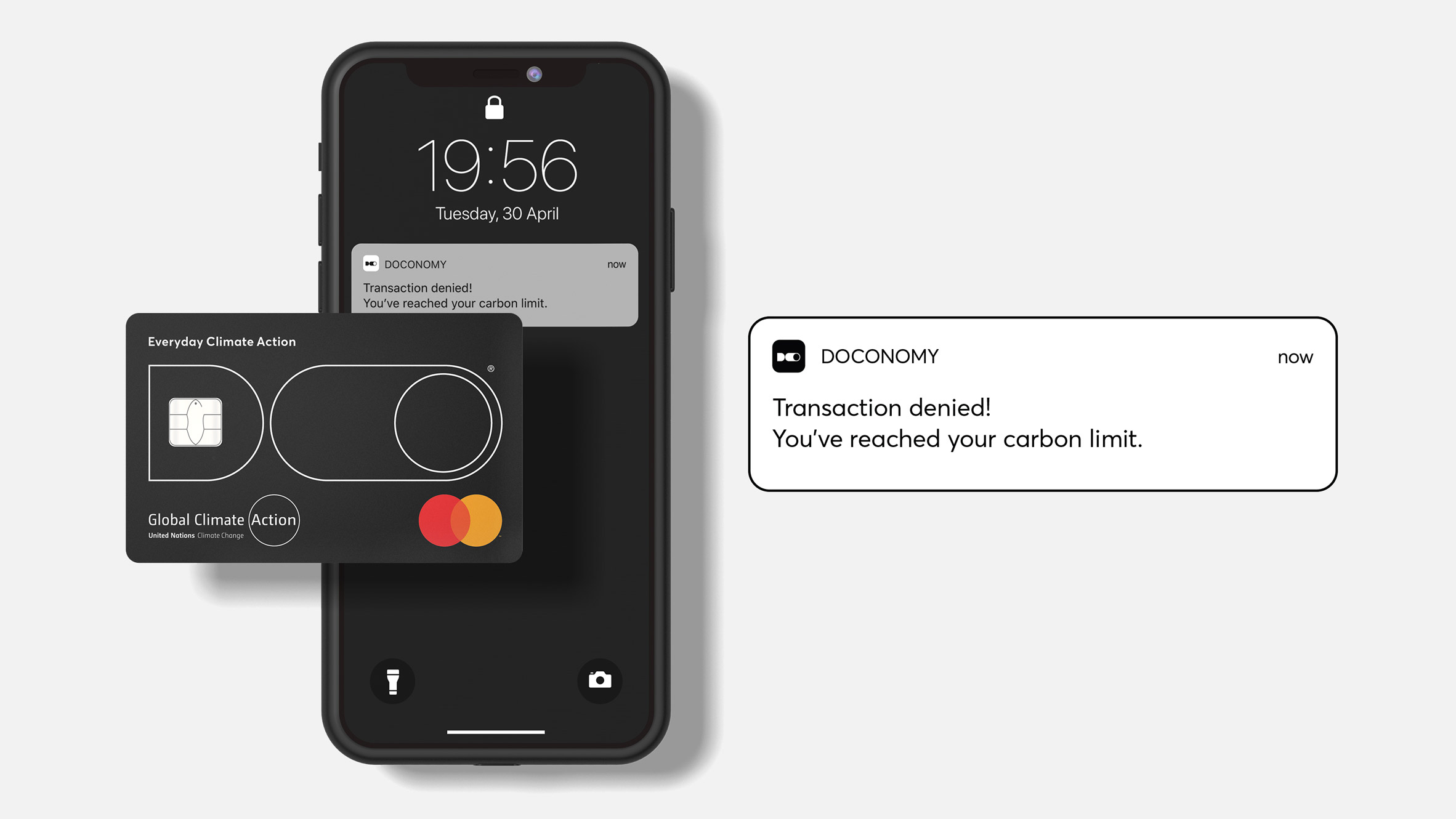For the first time ever in Singapore, you’ll be able to receive banking services from companies that aren’t banks. For a while now, we’ve seen news of how companies like Grab and Razer are moving into their own payment platforms.
Recently, Razer made headlines for its sleek prepaid card that would accompany the Razer E-Wallet. Now, these companies’ recent announcements seem like all but a prelude to something greater.
Both Grab and Razer are among the companies that have won the license to operate as digital banks. The awardees of Singapore’s first digital banking licenses were announced on 4 December by the Monetary Authority of Singapore (MAS).
These banks will hold no physical presence and will operate in entirely digital settings, while providing many of the services that traditional banks do. With this being a first in Singapore, it’s normal to be wary of what digital banks mean for the country.
Let’s get into the dollars and cents!
So what exactly are digital banks?
Given the local context, there are namely two types of digital banks: digital full banks and digital wholesale banks.

Much like traditional banks, digital full banks can serve both corporate and retail customers. You can expect a long, pretty fundamental list of services from digital full banks. These services include having an account, deposits, loans, debit and credit cards, payments and investment products.
But don’t expect any physical privileges, like having branches to visit or ATMs to perform banking from. Digital full banks are digital in every sense of the word, and all banking services will need to be performed online.
On the other hand, digital wholesale banks will serve only non-retail customers, such as small and medium-sized enterprises.
Who exactly ‘won’? And how were they chosen?
There were a total of 21 applicants for the digital banking licenses on offer, of which only 14 were shortlisted. Applicants comprised a mix of companies, including e-commerce companies, tech and telco firms, and fintech companies such as crowdfunding platforms and payment services providers.
In the end, the companies that emerged victorious were the following four: Tech giant Sea which owns Shopee, Razer Youth Bank by gaming firm Razer, Beyond Consortium led by Osim’s founder and EZ-Link, as well as the joint application of Singtel and Grab.
The candidates were judged on their value proposition and business model, the sustainability of their digital banking business, their innovative use of technology, and their other contributions to Singapore’s financial centre.
How will digital bank services benefit me and the rest of SG?
There’s plenty to gain from digital banks, especially when they’re so seamlessly integrated with the services that we use on a daily basis. On a fundamental level, you can expect the eradication of a middleman to mean lower fees for financial products.

The digital economy is a definite push for Singapore towards capitalism. And if all goes well, a more free economy will mean that the lower costs of digital banks will better cater to underserved groups in Singapore, like low-income earners, entrepreneurs, and micro-enterprises. Digital banks may even offer the option of opening bank accounts with no minimum amounts, perhaps adopting different approaches to credit risk assessments.
You can also expect higher returns on your deposits, with the possibility of digital banks offering higher interest rates. Moreover, you’ll have the convenience of banking at your fingertips, at any time of day.
The inclusion of digital data mining is also likely to show a strong presence now. Expect personalised recommendations that arise from the use of technology to study your behaviour. And while that may sound creepy, it’s the job of many marketers to watch your behaviour, and data mining is present on practically any digital platform.
On the flip side, you may be able to get warnings when you’re overspending.
Potential reasons to be wary?
With banking made more easily accessible to you, you may also be more easily susceptible to threats. Ultimately, data is your friend as much as it is of companies, with much of the data being used to enhance the user experience. However, security and identity theft concerns should naturally worry you every time that you entrust your finances to a new platform or service.

Technology and service interruptions are also going to be particularly annoying when you can’t storm into a bank branch to get instant answers from a customer representative. The personal banker relationship will very likely be missed, with consumers now needing to be more independent about seeking information with regards to their banking.
But for the most part, digital banking seems to be working for other parts of the world, and it’s due time Singapore opened its arms in favour of disruptive digital economies. Some examples of digital banks around the world include Tencent’s WeBank in China, Kakao Bank in South Korea, SBI Sumishin Net Bank in Japan, Up Bank in Australia, Chime in the United States, and Doconomy in Sweden.
The announcement of digital banks in Singapore opens a world of possibility with regards to personal finance and people like you and I being able to exercise financial freedom. And for those of us who’ve long been plagued by red tape at traditional Singapore banks, the presence of digital banks may create a sense of ease around our finances.
Join the conversations on THG’s Facebook and Instagram, and get the latest updates via Telegram.














